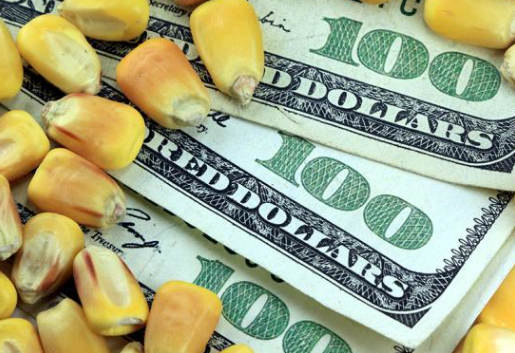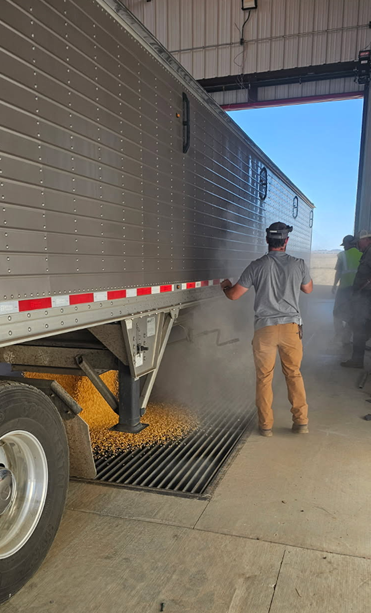|
In-House Financing |
|
| By Ryan McGinnis, Agronomist, Dimock | |
|
|
|
|
Harvest is in full swing and can be expected to wrap up here in the next few weeks. We are seeing great results and yields across the area. In today’s economy, finding ways to make the most of your money is important. A way that Fremar LLC/Central Farmers Cooperative can help is through our new financing program. We are introducing our own, new, in-house financing program for growers. This program is called CFA, financing early purchases, seasonal crop inputs, general farm supply purchases, and agronomic services. CFA offers a competitive rate in today’s economy. Growers get instant approval after applying to our finance program. Seed program offers 0% fixed interest rate through 12/31/2025. Fall fertilizer program offers a 4% fixed interest rate through 8/31/2026. Crop protection offers a 0.9% fixed interest rate through 8/31/2025. These are a few options we present through CFA. This is a great opportunity for many that’s now currently available. If there are any questions regarding this program, reach out to your local agronomist. |
|
| CFC Branded Tubs | |
| By Tyler McCoy, Feed Department Manager | |
|
|
|
|
Our feed team has been working with Form-A-Feed to help produce our own tub line. Our mineral tub mirrors our loose mineral and has the same vitamin values. We also have a couple of semi loads of our 30-13 protein tubs in Montrose already and plan on shipping a couple of pallets out to our other locations so that customers can start trying them out. We have had a couple of customers trial them and have had nothing but positive feedback. This summer our mineral tub will have an option of adding Clarifly once we get registered with the EPA after the new year. A giant perk about working with Form-A-Feed is that we can make free deliveries to the farm at no added cost if you order over $1,000 or more of feed. We have brochures at our locations showing most of our branded products. We also offer a discount if you order a direct semi load. Please reach out to someone on our sales team if you have any questions and as always thank you for your business. |
|
| Corn Harvest | |
| By Jake Moret, Grain Originator | |
|
|
|
|
With a lack of bullish news in the markets and the government shut down, grains have traded choppy over the past week. I would say soybean harvest is any day from being over in our trade area and we’ve seen a decent start to corn harvest. I think most producers were happy with bean yields and so far, everyone seems to be content with corn yields. The past month of heat and dryness has caused some shrink in the crops. The Trump payment announcement this week never showed up and now the short covering in the soybean market seems to be on pause as well. Nationally soybean harvest is over so the market could search for some ownership before the crop is locked away and if you need some cash or to price a basis contract that would be something to keep an eye on over the next week. Have your market offers in place with an originator. I predict over the next few days the lines at our facilities could grow with large harvest pressure. As a company we are in a good position to ship lots of corn out of our Marion and Lyons terminals; that is where our corn will need to flow. As truck houses get full you will see us try to encourage producers/truckers to get the bushels to where we can ship them out. The new dumping facility west of Viborg has been operational for the past couple of days; it has been running great, and we’ve had some extremely happy customers! |
|


